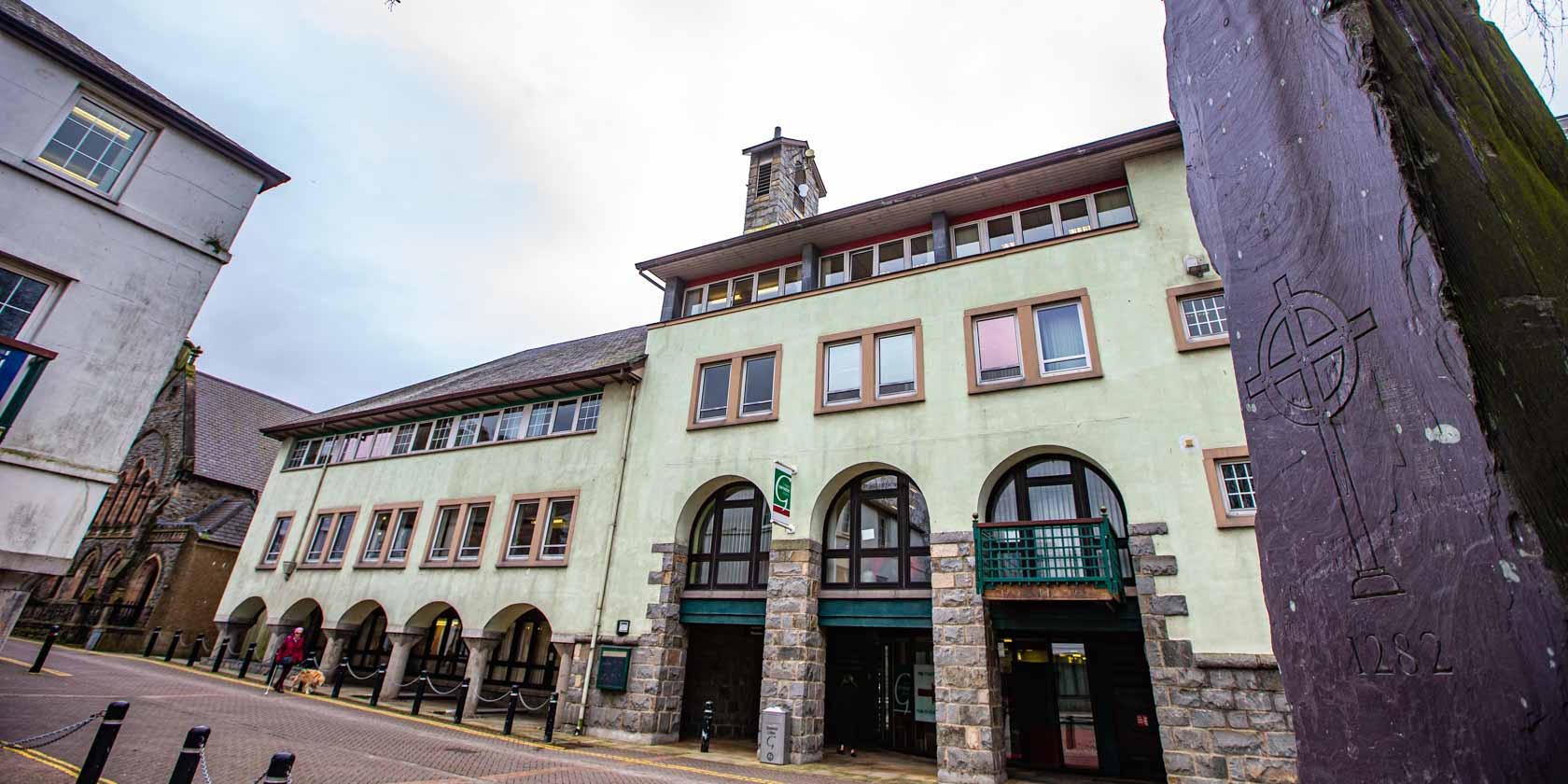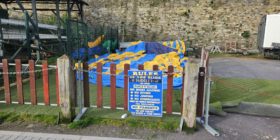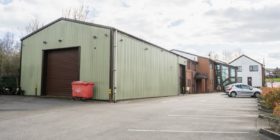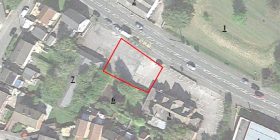Agriculture and tourism industries’ Brexit threat

The agriculture and tourism industries remain vulnerable to the effects of Brexit on the Gwynedd economy, councillors have been warned.
Described as the “backbone of the economy” in vast swathes of Gwynedd, concerns have been raised that farming faces a “perfect storm” of issues once Britain leaves the European Union.
But a report presented to councillors on Thursday also revealed that the county has already witnessed a drop in EU nationals since the 2016 referendum.
Sterling has lost 20% of its value since the UK voted to leave the block, with councillors told that many workers had decided to abandon Wales in favour of countries such as France where the Euro remains stronger.
And while the long-term impact of Brexit is far from certain, a recent study found that a ‘soft’ Brexit will lead to a 1.1% decrease in the Gross Value Added of the Gwynedd economy, with a ‘hard’ Brexit leading to a 2% drop.
“There’s a possibility that the farming sector faces a perfect storm of having to pay levies on what’s exported to levies and accessing such markets while facing more competition from other parts of the world such as Australasia and cuts in subsidies,” Cllr Cai Larsen told the meeting of the Education and Economy Scrutiny Committee in Caernarfon..
“If these things all happen we’re looking at a perfect storm and it’s likely, most farms will not be profitable.
“I know Gwynedd Council won’t be able to do much about it, but have we carried out any work to look at such effects on parts of the county?”
Sioned Williams, the head of economy, acknowledged that some businesses had already faced a loss in European workers.
“The tourism sector faces challenges, we have many hotels that have been very dependant on EU workers,” she said.
“But the fact that the whole process has dragged out may have allowed business to adjust and give themselves more time to put alternative arrangements in place.”
“Most of the major employers are adapting although it’s not as easy for smaller businesses.
“In regards to agriculture we have spoke to both farming unions and acknowledge that the biggest risk to Gwynedd the agriculture industry, both directly and indirectly.”
She went on to say that the council was looking to provide further support to rural start-ups and such ventures, hand in hand with the Welsh Government’s Brexit Resilience Fund and the council’s Support for Enterprise package.
The report, approved by councillors, concluded: “The Council will continue to work with the private sector in order to have a better understanding of the implications of Brexit. It is assumed that the situation will be clearer by 31 January 2020 which will enable local businesses to plan for the future.
“The Council will also continue to work with other local authorities through the Welsh Local Government Association and the North Wales Economic Ambition Board in order to continue with the task of supporting our businesses to the future.”
By Gareth Williams – Local Democracy Reporter
Spotted something? Got a story? Send a Facebook Message | A direct message on Twitter | Email news@north.wales






